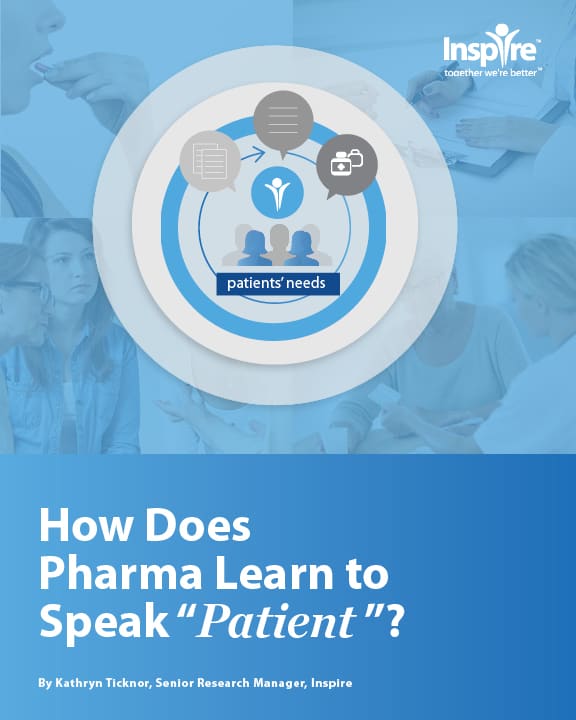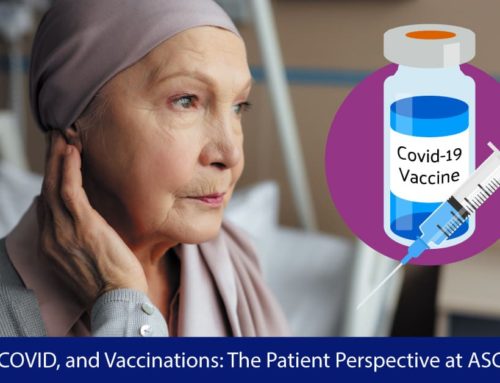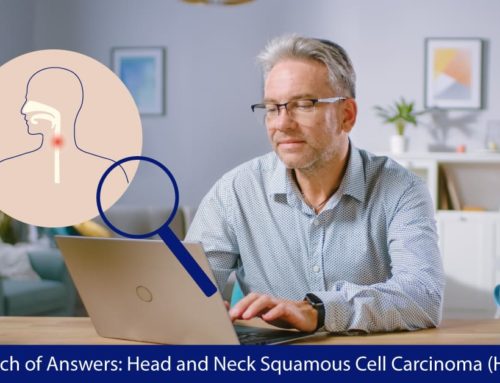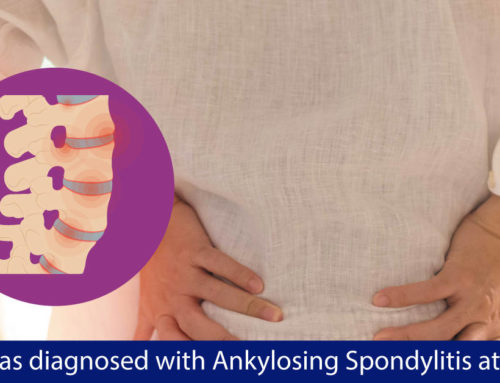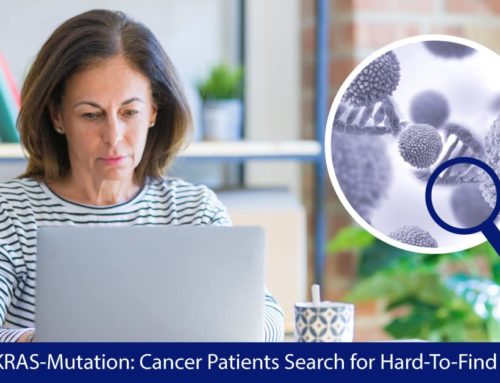Video Vignettes: Through Your Own Lens – Living With Invisible Disease
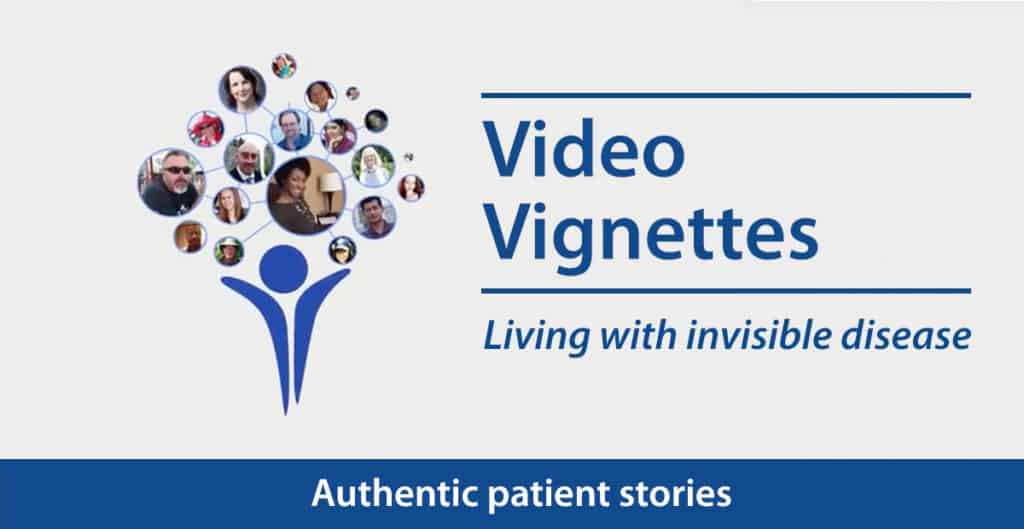
Looking “well” is a common challenge among people who live with invisible illnesses and chronic disease. Some call themselves “spoonies”: people who hear “but you don’t look sick” throughout their lives, while actually managing serious illness. The term “spoonie” comes from a blog post written in 2010 by Christine Miserandino called The Spoon Theory.1 In this post, Miserandino, who has lupus, described how she was able to help her best friend understand life with a chronic illness.
To tell the story briefly: Holding 12 spoons, Christine asked her friend to relate the details of her day. With each activity – getting out of bed, getting dressed – her friend must give up a spoon. As she lost spoons, her friend began to realize that she must be selective, choosing which activities she could engage in over the course of the day.
Miserandino explained that a healthy person with an unlimited number of spoons usually doesn’t have to think and choose what to use them for. But those with chronic disease must constantly consider these choices.
“When I saw her upset I knew maybe I was getting through to her. I didn’t want my friend to be upset, but at the same time I was happy to think finally maybe someone understood me a little bit. She had tears in her eyes and asked quietly ‘Christine, How do you do it? Do you really do this everyday?’ I explained that some days were worse than others; some days I have more spoons then most. But I can never make it go away and I can’t forget about it, I always have to think about it. I handed her a spoon I had been holding in reserve. I said simply, ‘I have learned to live life with an extra spoon in my pocket, in reserve. You need to always be prepared.’”1
The burden of believability
Even family members may have difficulty understanding spoonies. Jess Jacobs, who has postural orthostatic tachycardia syndrome and Ehlers-Danlos Syndrome, shared comments her family made about how severe her condition was on Twitter2:
More family cluelesness: they say not to use my handicapped placard bc 'someone who really needs it' may come. @CarlyRM @bostonheartmom
— Jess Jacobs (@jess_jacobs) August 10, 2016
This experience is not unique. Jim,* a member of the Invisible Disabilities Association Online Community on Inspire, said he is often challenged when he needs to park in a handicapped space or needs extra time.
I Believe You
At the Second Annual Patient-centric clinical research conference in March, Helena Chung, Patient Centricity Excellence Director at AstraZeneca, presented what she and her team learned about participation in clinical trials after talking to patients with lupus. They found that people with lupus were reluctant to participate in clinical trials due to the overall burden of their disease. These patients may look “well” but they face enormous challenges in managing their disease on a daily basis and they were uncertain that the protocols took their needs into consideration. Since clinical trial protocols have, in the past, been created around the needs of researchers, this assumption may have been valid.
In the world of invisible disease, the words “I believe you” are empowering. Their illness may be invisible but they are not. What patients say about their pain or fatigue is real.
Listening and believing can inform pharma not only with respect to finding better techniques in recruitment for clinical trials but also in learning about unmet needs that can be addressed with future innovations.
Inspire offers a trusted community to patients and caregivers. Our goal with this blog, this website and our content is to provide the life science industry access to the true, authentic patient voice. In so doing, we support faithful operationalization of patient-centricity. Take a look at our case studies, eBooks and news outlet coverage.
References:
1 http://www.butyoudontlooksick.com/articles/written-by-christine/the-spoon-theory/
2 https://twitter.com/jess_jacobs/status/763296279396950016
3 Chung, H. (2017, March). Partnering with patients for patients in clinical research: Lupus protocol simulation journey. 2nd Annual Patient centric clinical research: Engagement and innovation, Springfield, VA.
*Name changed to protect anonymity

